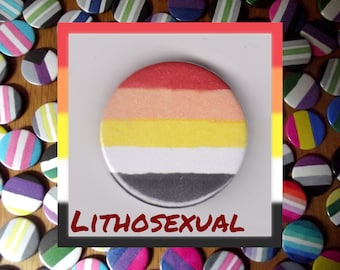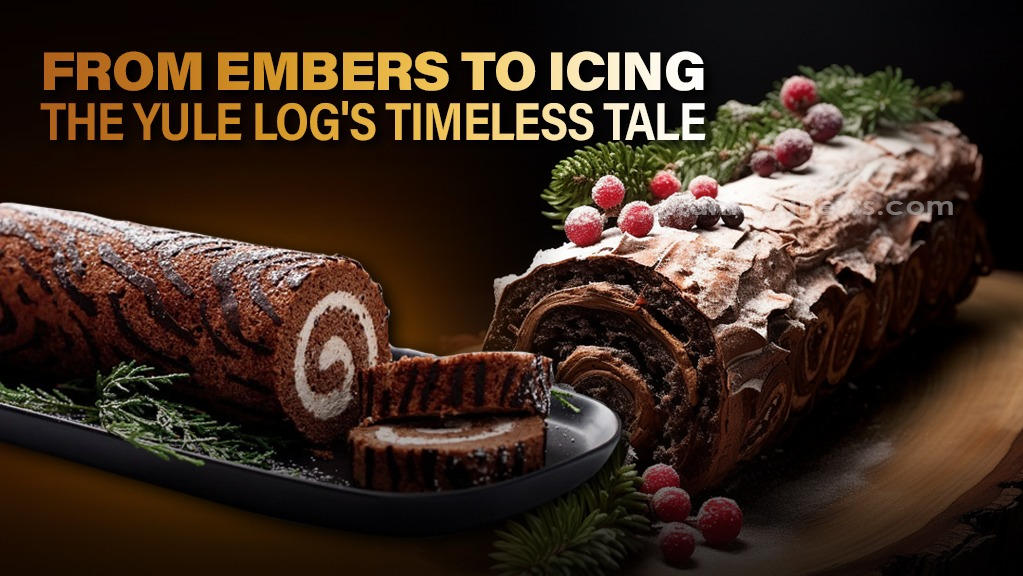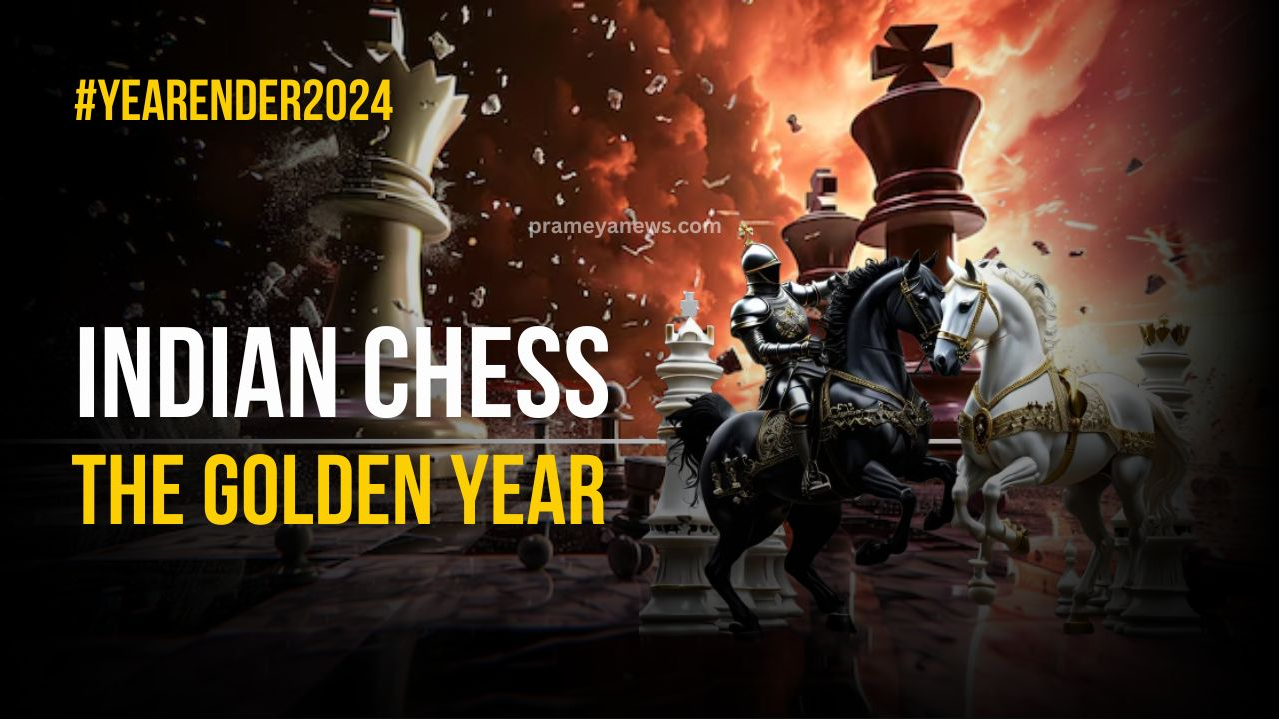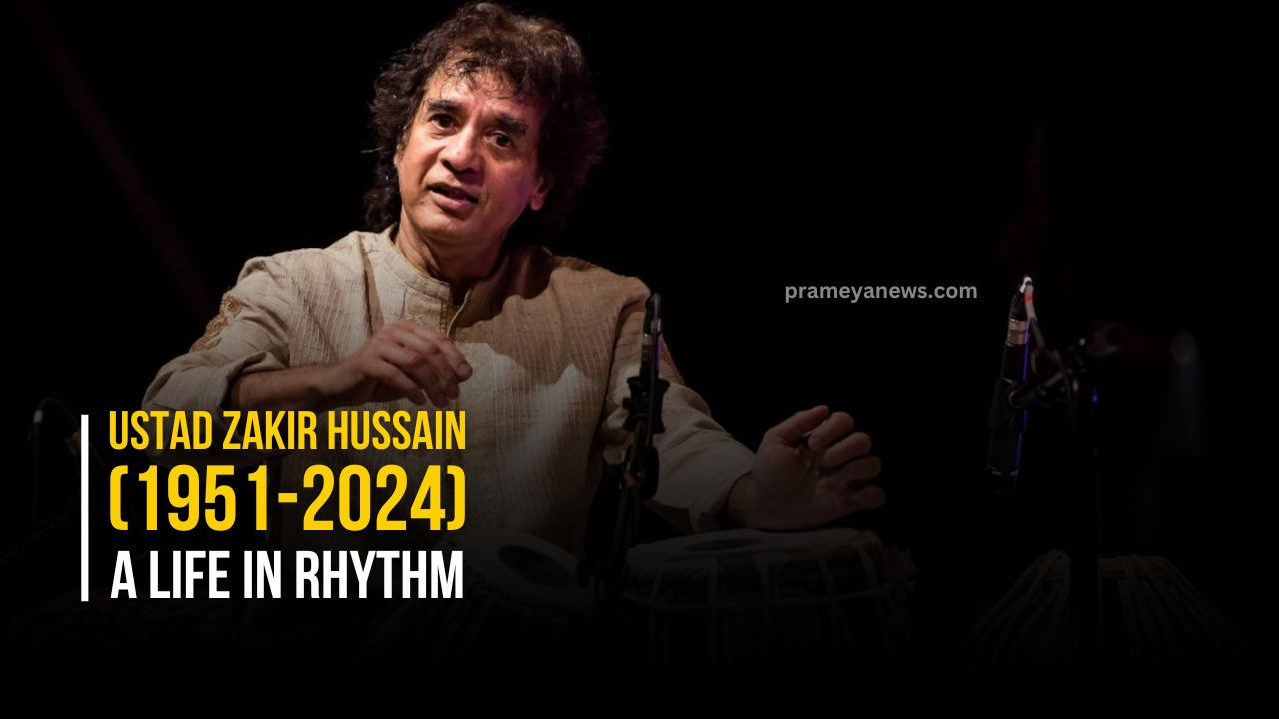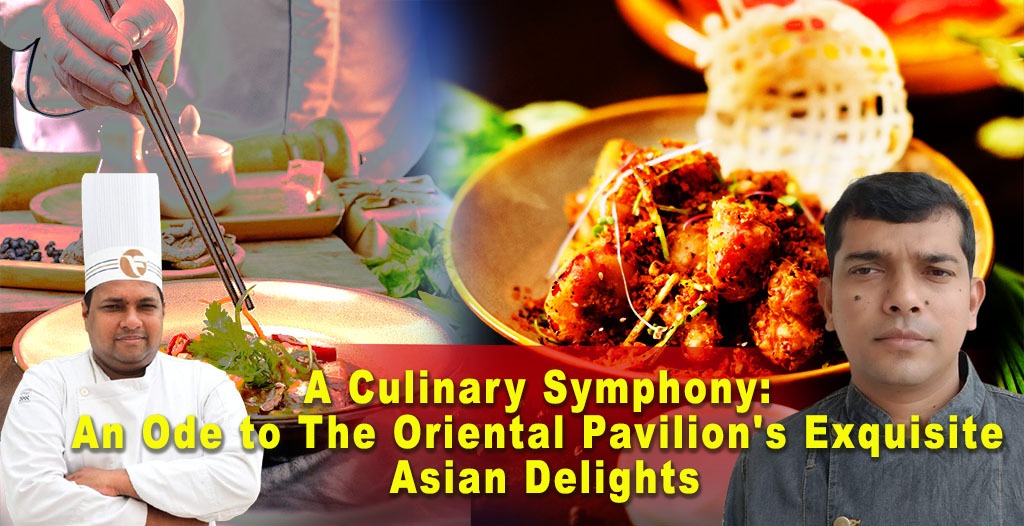In a society often fixated on reciprocated love and traditional relationships, a spectrum of orientations exists that defy these norms. Lithosexuality, also known as akoiromanticism or akoisexuality, is one such identity gaining increasing recognition in discussions about inclusivity and self-discovery. It represents a unique experience of attraction where individuals may feel romantic or sexual desires but do not desire those feelings to be reciprocated or acted upon.
Lithosexuality:
Lithosexual individuals may find themselves drawn to the concept of romance or attraction but prefer to keep these feelings at an intellectual or theoretical level. The prospect of reciprocation or physical intimacy might even lead to a decrease in these feelings. This distinction sets lithosexuality apart from other forms of attraction, highlighting the diverse and nuanced ways in which individuals experience and process romantic and sexual desires.
It's crucial to understand that lithosexuality is not rooted in a fear of commitment or a consequence of past trauma. Instead, it represents a way of experiencing attraction that prioritizes personal boundaries and autonomy. Lithosexual individuals may cherish their independence and may not seek the labels or expectations typically associated with traditional relationships. They may find fulfillment in other forms of connection, such as friendships, familial bonds, or creative pursuits.
Navigating a world of expectations:
For lithosexual individuals, navigating a world that often prioritizes traditional romantic and sexual relationships can present unique challenges. Societal pressures to conform to these norms can lead to feelings of isolation, invalidation, and internalized stigma. The lack of widespread understanding and representation of lithosexuality can make it difficult for individuals to find community and support.
It's essential to create safe and inclusive spaces where individuals can explore and express their identities without fear of judgment or discrimination. Open and honest conversations about diverse sexualities can help to break down stereotypes and foster greater understanding.
Importance of self-discovery and acceptance:
For individuals who identify as lithosexual, the journey of self-discovery can be both liberating and challenging. It involves recognizing and accepting one's own unique experiences of attraction, even if they deviate from societal norms. It may also involve navigating relationships with others who may not fully understand or accept their orientation.
Seeking support from mental health professionals or LGBTQ+ organizations can be invaluable in this process. Connecting with others who share similar experiences can also provide a sense of community and validation.
Expanding the conversation on sexuality:
Lithosexuality is just one facet of the vast and intricate tapestry of human sexuality. It's crucial to acknowledge and embrace the full spectrum of orientations and identities, including:
- Demisexuality: Individuals who experience sexual attraction only after forming a deep emotional connection with someone. This orientation challenges the notion that sexual attraction is primarily based on physical appearance or immediate factors.
- Abrosexuality: A fluid sexual orientation where attraction to different genders can shift and evolve over time. Abrosexuality highlights the dynamic nature of attraction and challenges the idea of fixed sexual orientations.
- Symbiosexuality: Attraction to people within an established relationship, where the appeal lies not only in the individual partners but also in the unique dynamic they create together. Symbiosexuality expands our understanding of attraction beyond individual characteristics.
- Gray-Asexuality: Individuals who experience sexual attraction infrequently or with low intensity. Gray-Asexuality acknowledges the spectrum between asexuality and allosexuality.
Breaking Down Barriers and Building Bridges:
The recognition and acceptance of diverse sexualities, including lithosexuality, require a collective effort to challenge societal norms and promote understanding. It involves educating ourselves and others about these identities, advocating for inclusivity, and creating safe spaces for individuals to express themselves authentically.
By fostering open dialogue and challenging stereotypes, we can break down barriers and build bridges of understanding. This can lead to a more accepting and compassionate society where everyone feels empowered to embrace their true selves.
Lithosexuality and other diverse forms of sexuality serve as a powerful reminder that there is no single "right" way to experience attraction or relationships. Each individual's journey is unique and valid. By embracing this diversity, we can create a world where everyone feels seen, heard, and valued. As we continue to learn and grow, let us strive to cultivate a society that celebrates the full spectrum of human experiences and fosters a sense of belonging for all.








